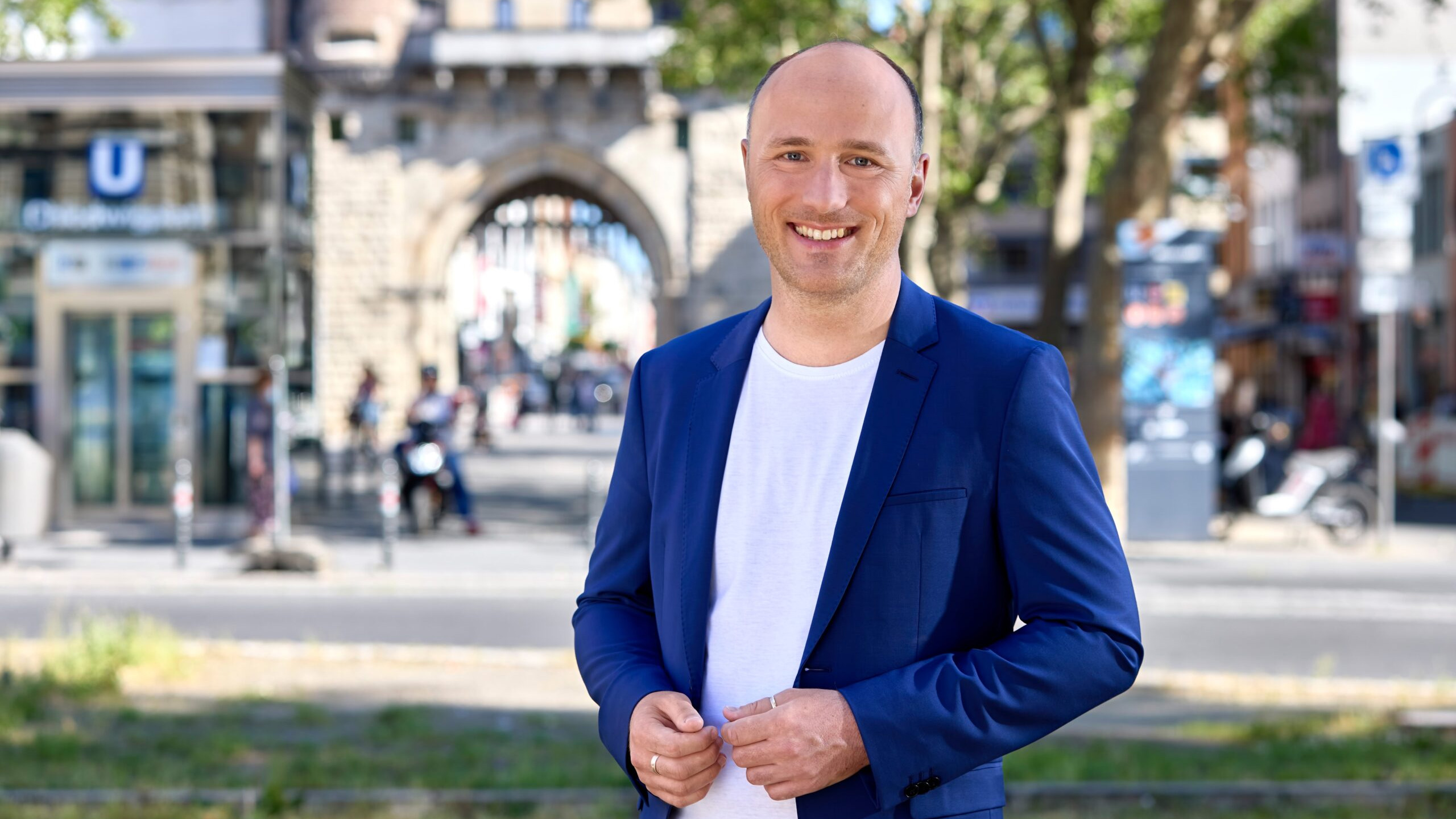Germany made history last week by appointing its first commissioner for LGBTQ+ rights, just months after electing its most diverse parliament ever.
Sven Lehmann, a former member of Germany’s parliament, was sworn in on Jan. 5 as the inaugural Commissioner for the Acceptance of Sexual and Gender Diversity. The position was created by German Chancellor Olaf Scholz following promises from the country’s newly formed coalition government to increase diversity and advance LGBTQ+ equality.
In a statement posted on his Instagram account, Lehmann vowed to “pursue a progressive queer policy and also align family policy with the social reality of different types of families.
“The protection of people on the basis of their sexual and gender identity must be ensured in the Basic Law and the fundamental rights of trans, intersex and non-binary people must finally be fully enforced,” he wrote. “We also need a broad strategy to combat group-related enmity—including explicitly against queerphobia.”
The 42-year-old pledged to introduce a “national action plan for the acceptance and protection of sexual and gender diversity” to further the government’s goals of combating anti-LGBTQ+ bias.
“Germany should become a pioneer in the fight against discrimination!” Lehmann urged.
LGBTQ+ advocacy groups heralded Lehmann’s appointment as a yet another major milestone following historic gains in representation during the 2021 parliamentary elections. For the first time in Germany’s history, two trans parliamentarians were seated to its Bundestag: 44-year-old Tessa Ganserer and 28-year-old Nyke Slawik, both representatives from centre-left political party The Greens.
The Lesbian and Gay Association (LSVD), Germany’s largest LGBTQ+ organization, said the new position is “another important signal for the queer political awakening promised by the coalition government.
“Right now he should urgently endeavor to ensure that LGBTQ+ people are explicitly included in the admission program for refugees from Afghanistan, which was recently presented by Foreign Minister Annalena Baerbock,” Henry Engels, a board member with LSVD, told the German newspaper Deutsche Welle.
Promises made by Germany’s coalition government include lifting barriers that prevent trans people from completing the process of legally correcting their gender marker, such as cost burdens and discriminatory medical requirements. Until 2011, trans people were forced to undergo sterilization before they could be legally recognized as their lived gender.
Germany has made notable strides toward trans equality in recent years. Parliamentary lawmakers enacted new policies in 2018 allowing for a third-gender option on birth certificates, in addition to “male” and “female,” and outlawed conversion therapy for minors in 2020.
Other reforms pushed by the coalition government include increasing coverage of gender-affirming care under Germany’s public health plan and compensation for individuals required to be sterilized under its former laws.
While the terms of proposed compensation are as yet unclear, there is precedent for making restitution toward individuals harmed by past transphobic legislation. Sweden and the Netherlands agreed to one-time payments of roughly $33,000 and $7,600, respectively, to victims of their sterilization laws.
Nearly a dozen European countries still force trans residents to undergo sterilization to achieve legal gender recognition, according to a 2020 report from Transgender Europe. These include Finland, Latvia, Romania, Serbia and Turkey.
As Germany moves toward greater progress, the country currently sits in the middle of the pack when it comes to LGBTQ+ legal equality. The nation ranked 13th in a 2021 report from the advocacy group ILGA Europe on the state of queer and trans rights across the continent, finishing just behind France, Iceland and Ireland.


 Why you can trust Xtra
Why you can trust Xtra


